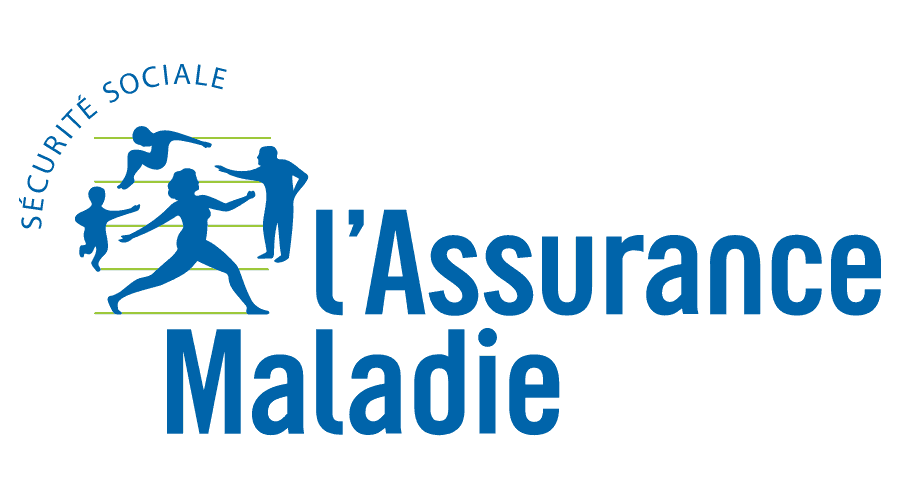




 Services
Blog
Français
Services
Blog
Français
ZODB is an object oriented database for Python, or “NoSQL” database. In one sentence it resumes as such:
Don’t squeeze your objects into tables: store them in an object database.
It takes normal Python objects and make them persistent. ZODB has been there for more than ten years, it’s mature, more than the new “NoSQL” stuff like CouchDB, MongoDB, etc, etc … To be precise, it’s been doing NoSQL ten years before NoSQL even existed !
And it’s perfect for just python. So if you’re looking for a NoSQL database for Python, or more precisely, if you’re looking to store schemaless data in Python, then ZODB is likely to be the way to go.
Using ZODB as Django NoSQL backend requires quite some research, it is not something that has been tackled so much. There is django-zodb but it doesn’t support backwards (reverse) relations.
SubstanceD is:
A Zope2-like system built upon the Pyramid web application framework. It provides a user interface for managing ZODB content as well as libraries and utilities which make it easy to create applications.
Most importantly in our case, SubstanceD provides a simple and elegant way of handling relations between objects. This article attempts to describe how to reuse SubstanceD’s low level relation manager.
It consists of 3 moving parts:
SubstanceD uses integers as object ids, certainly for the integer specific optimizations. In most case, using integers for object ids is fine. However, if you want to use string object ids ie. UUIDs, to be able to relate objects across databases, then it takes a couple of modifications:
Then, you can use ReferenceMap as such:
book1 = 'Book 1 UUID' # by Author 1 and Author 2
book2 = 'Book 2 UUID' # by Author 2 only
author1 = 'Author 1 UUID'
author2 = 'Author 2 UUID' # has 2 books
refname = 'authors_of_book' # name of the relation
themap = ReferenceMap()
# add to book1: author1 and author2
themap.connect(book1, author1, refname)
themap.connect(book1, author2, refname)
# add to author2: book2
themap.connect(book2, author2, refname)
# book1 should have author1 and author2
self.assertEqual(list(themap.targetids(book1, refname)),
[author1, author2])
# author1 should have book1
self.assertEqual(list(themap.sourceids(author1, refname)), [book1])
# author2 should have book1 and book2
self.assertEqual(list(themap.sourceids(author2, refname)),
[book1, book2])
# book2 should have author2
self.assertEqual(list(themap.targetids(book2, refname)),
[author2])As you can see, relations are directional. This:
themap.connect(book1, author1, refname)Is different from:
themap.connect(author1, book1, refname)While this may seem like a problem at first, it is not a problem at a higher level, because you can:
You should implement an ObjectMap that wraps that and handles UUIDs, but that’s another (higher level) story.
Oh, I almost forgot to say:
Credits to:




